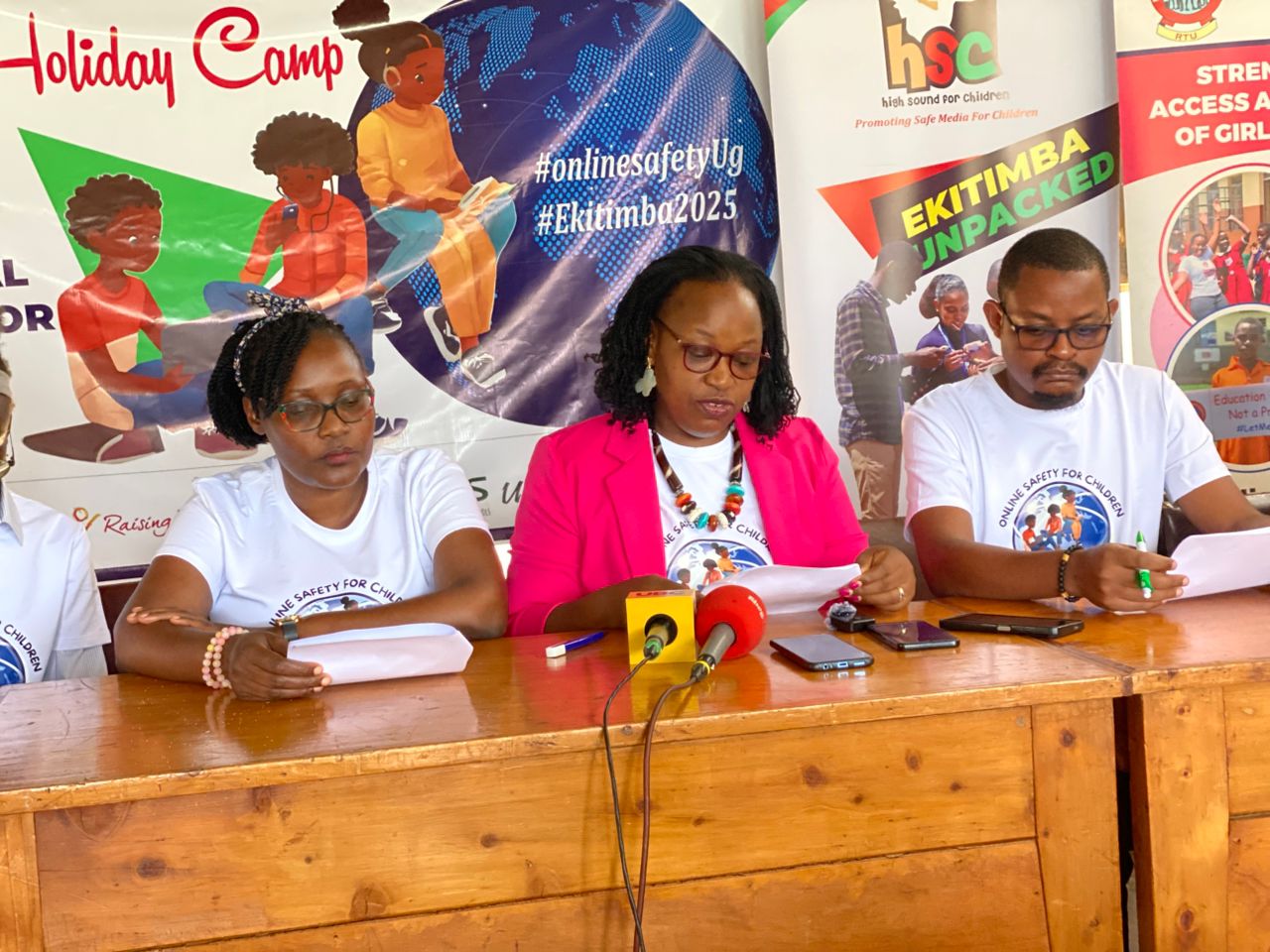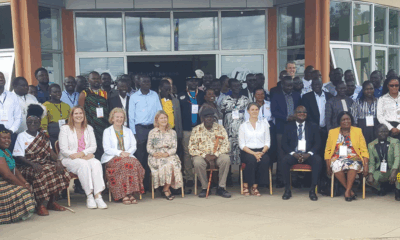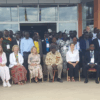Mondo Kyateka, the ministry’s Assistant Commissioner for Youth and Children, underscored the importance of rebuilding family structures as a foundation for national stability and growth.
“The family is the most important unit of governance. If we can fix the family, we can fix the country,” Kyateka said during a press briefing. He revealed that the policy will provide clear guidelines on parental responsibilities, digital parenting, and family bonding. It will also address what he described as a troubling rise in “internally displaced parents”—mothers and fathers physically absent from their children’s lives due to economic, social, or cultural pressures. He further pointed out that 42 per cent of pregnancies in Uganda are unplanned, a statistic he linked to weak family structures and limited parental guidance.
The announcement comes at a time when digital risks are escalating for young people. It coincided with preparations for the third annual Ekitimba Safety Holiday Learning Camp for Children, slated for August 29–30. Organised by High School for Children Uganda, the camp seeks to equip both children and parents with the knowledge and tools to navigate the online world safely.
Hadija Mwanje, Executive Director of High School for Children Uganda, raised an alarm over children’s unsupervised internet use. She cited data showing that over 40 per cent of Ugandan children aged 12–17 regularly use the internet, often without parental guidance. Globally, she noted, two images or videos of child sexual abuse are shared online every second, a crisis mirrored in local contexts.
“We are raising children in a digital world that is evolving faster than our protective systems,” Mwanje cautioned.
The Uganda Police Force also weighed in on the issue. SP Innocent Agaba stressed that parents are the “first gatekeepers” of online safety and must take responsibility for guiding their children’s digital habits. He explained that many children harmed online fail to confide in their parents due to mistrust or fear, leaving them more vulnerable to predators.
Experts further warned that digital culture is taking a toll on children’s health. Gift Nakayinga, founder of Tekel Health Foundation, pointed to rising cases of ADHD, sleep disorders, and mental distress linked to excessive screen time and online exposure.
“Our children’s brains are being trained for instant gratification. We need to slow down, set limits, and build thick mental muscles,” Nakayinga said, urging families to rethink how children engage with technology.
The coalition behind the Ekitimba Camp issued a joint statement calling for government action, including a national online safety strategy, stronger enforcement of the Data Protection and Privacy Act with specific safeguards for children, and the integration of online safety into the national school curriculum.
Civil society voices emphasised that safeguarding children requires a broad-based approach. Hope Nankunda, Executive Director of Raising Teenagers Uganda, highlighted the need for a coordinated effort across society.
“It will take empowered families, skilled enforcement, informed schools, and compassionate community leadership,” she said.
As Uganda prepares to roll out the National Family Policy, stakeholders agree that its success will hinge on practical implementation—strengthening families at the grassroots, protecting children from digital dangers, and creating a supportive environment where families can thrive in the modern age.

























